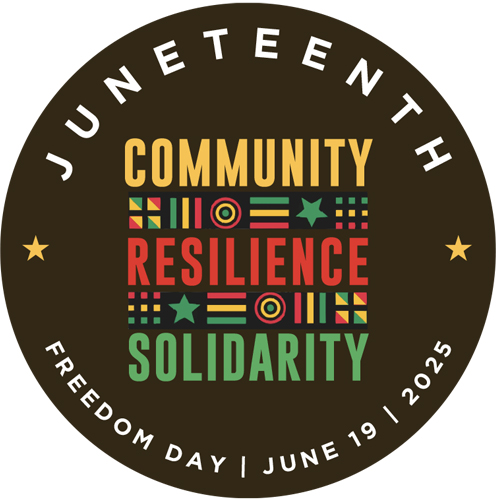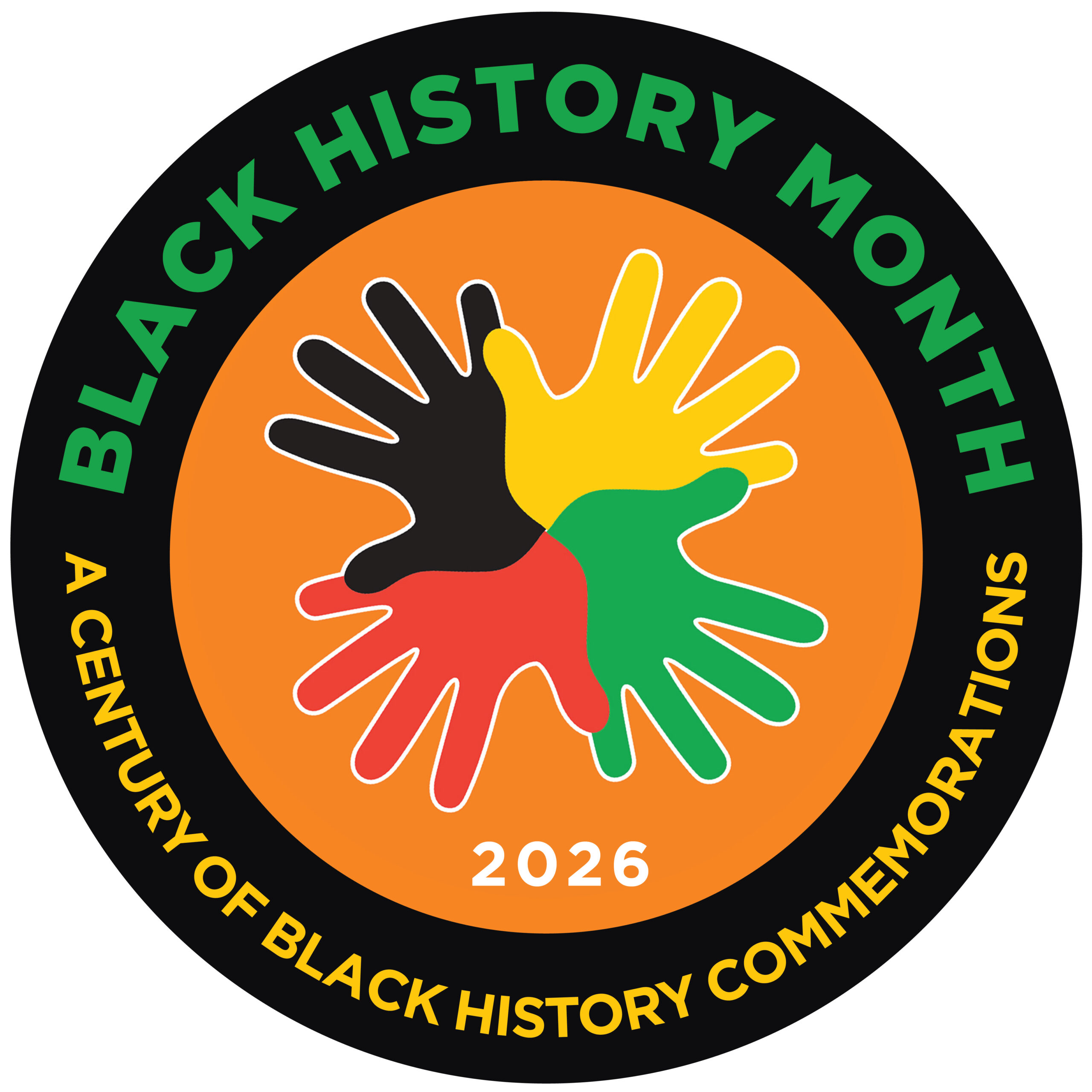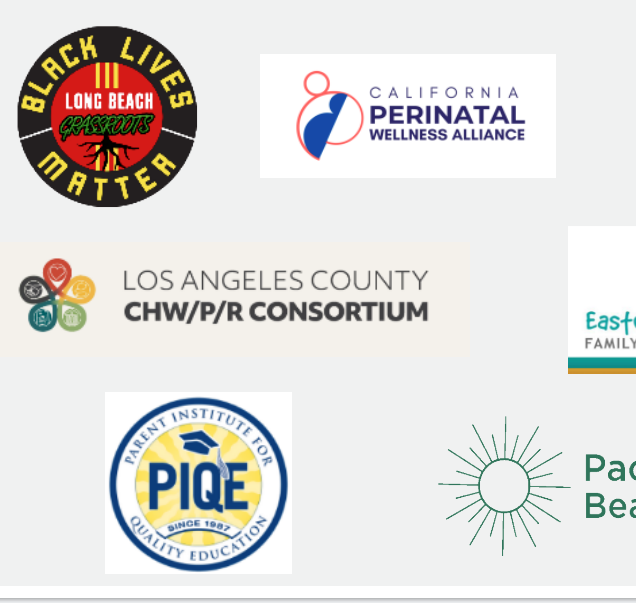By, Ruel Nolledo | Freelance Writer
June 10, 2025
Nine hundred days. That’s how long the dream of freedom was deferred for the enslaved Black people of Galveston, Texas. Although President Abraham Lincoln had signed the Emancipation Proclamation on Jan. 1, 1863, it could not be enforced in places like Texas. As the westernmost Confederate state and one of the most geographically isolated, the Lone Star State served as a stronghold for enslavers fleeing the advancing Union Army. It wasn’t until some 2,000 Union troops arrived in Galveston Bay on June 19, 1865 and issued General Order No. 3, that more than 1,170 enslaved Black people in the city — among the last in the Confederacy to learn of their freedom — were finally emancipated by executive decree.
“It’s a memory of slavery,” says Marcus Hunter, chair of African American studies at UCLA. But there is unfinished business he says. “We who have been chosen to survive the unsurvivable have a mandate to collectively build a more inclusive and beautiful world. If not now, when? If not us, who?”
Today, we celebrate that important milestone of American history every year on June 19, also known as Juneteenth. While it’s a relatively recent national observance — the Juneteenth National Independence Day Act wasn’t signed into law until 2021 — the event has been celebrated by Black communities as Jubilation Day for well over 150 years.
Here in Los Angeles, Juneteenth wasn’t widely celebrated until after tens of thousands of African Americans arrived from Texas as part of the Great Migration, bringing with them the cherished tradition. By the 1930s, Juneteenth had become an indelible part of the Los Angeles landscape, with communities from San Bernardino to Long Beach holding their own Juneteenth celebration.
Today, Juneteenth is more than just a time to celebrate. It’s a time to reflect on the challenges endured by Black families in America, both then and now.
“This is not just a holiday that is fixed and has one meaning,” notes Angela Tate, the former curator of African American Women’s History. “It has a multiplicity of meanings to people of African descent in the United States. They also see it as relevant to Africa, the Caribbean, and any other place where there’s an African diasporic community. It’s a continuous struggle, a continuous fight, a continuous place of remembrance.”
First 5 LA remains committed to centering racial justice and equity in our work to create a future where young children and their families are prioritized in Los Angeles County and across the state. We seek to go beyond mitigating the effects of growing inequities to address root causes through community engagement, prevention and systemic change.
This month, we join Los Angeles County in celebrating Juneteenth and in working to end racial disparities and embrace equity for all. To help your child learn more about Juneteenth, the Emancipation Proclamation, and the rich tapestry of Juneteenth celebrations right here in Los Angeles, please check out our list of educational resources and local events.
- Los Angeles Public Library: Juneteenth Craft, Tuesday, June 10, 4 – 5 p.m.
- Los Angeles County Library: Juneteenth Storytime, Monday, June 16, 11:30 a.m. – Noon
- Los Angeles County Library: Juneteenth Celebration, Tuesday, June 17, 4 p.m. – 5 p.m.
- Los Angeles County Library: Celebrate Juneteenth: Juneteenth Family Storytime, Wednesday, June 18, 4 p.m. – 5 p.m.
- Los Angeles County Library: Baby Band: Juneteenth Jubilee, Wednesday, June 18, 11 a.m. – 11:40 a.m.
- Los Angeles County Library: Juneteenth Storytime & Craft, Wednesday, June 18, 3:30 p.m. – 4:30 p.m.
- Los Angeles County Library: Celebrate Juneteenth: Juneteenth Family Storytime, Wednesday, June 18, 4 p.m. – 5 p.m.
- Los Angeles County Library: Juneteenth Concert with Mr. Markus!, Wednesday, June 18, 4 p.m. – 5 p.m.
- Heal the Bay Aquarium: In honor of Juneteenth, Saturday, June 19, Noon -4 p.m.
- FREEDOM: Juneteenth Family Day, Friday, June 20, 11a.m.
- Los Angeles County Library: Silhouette Art Bookmarks, Friday, June 20, 4 p.m. – 5 p.m.
- City of West Hollywood: Juneteenth Celebration, Saturday, Jun 21, Noon




